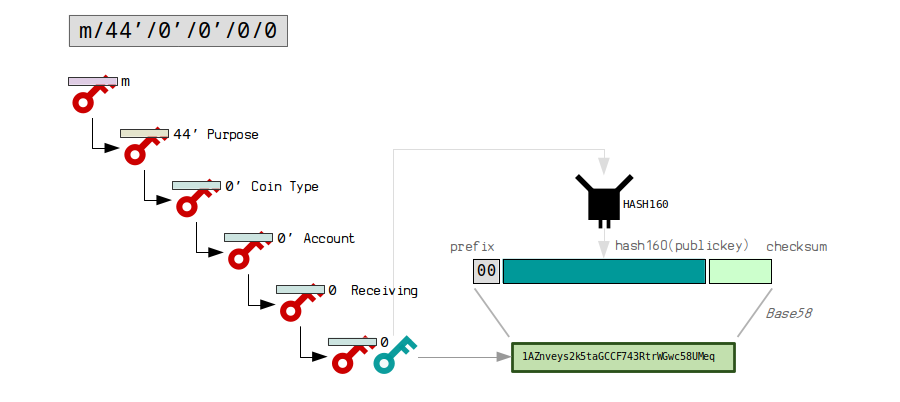
We making it as easy as possible to join @cheqd_io as a validator or developer and start using the identity functionality of the network….
We're also eager to give back to @cosmos and beyond so we’ve #OpenSourced our approach to #infrastructure
🧵
github.com/cheqd/infra
We're also eager to give back to @cosmos and beyond so we’ve #OpenSourced our approach to #infrastructure
🧵
github.com/cheqd/infra
Our #infrastructure uses a blend of #Terraform #Terragrunt and @ansible to improve performance, speed up node setup and more
We’ll cover the benefits of each in our latest #OpenSourcing thread - Day 4 of documenting our OpenSource-athon
We’ll cover the benefits of each in our latest #OpenSourcing thread - Day 4 of documenting our OpenSource-athon
We've used #terraform to automate our #infrastructure - essentially to complete a series of tasks in a defined order required for things like setting up a node
#Terraform open source, free to use and widely adopted, supporting @awscloud @Hetzner_Online @digitalocean and more...
#Terraform open source, free to use and widely adopted, supporting @awscloud @Hetzner_Online @digitalocean and more...
#Terraform is a form of #Infrastructure-as-code, used to manage setting up infrastructure through code instead of through manual processes.
You can think of it like dominos - one click of a button can result in a whole series of outcomes freeing up time for more creative work!
You can think of it like dominos - one click of a button can result in a whole series of outcomes freeing up time for more creative work!
On top of this, we’ve used #Terragrunt to make the code within #Terraform DRY (Don’t Repeat Yourself)
With #Terragrunt you can plug in config info like CPU, RAM, Static IPs, Storage which speed things up whilst making the code more modular and reusable
With #Terragrunt you can plug in config info like CPU, RAM, Static IPs, Storage which speed things up whilst making the code more modular and reusable
The next piece of the puzzle is @ansible which makes it easy to manage the config of nodes by installing different packages, and extend it to work better with specific requirements.
This means you can easily swap some variables to make it work with other @cosmos Networks
This means you can easily swap some variables to make it work with other @cosmos Networks
If you’re interested in leveraging this for your own project, #cheq out our latest repo and ask any questions to our engineering team in our Slack or Discord channels…
Shoutouts to @_jsdp, Nikola and @ankurb for their work on this
github.com/cheqd/infra
Shoutouts to @_jsdp, Nikola and @ankurb for their work on this
github.com/cheqd/infra
• • •
Missing some Tweet in this thread? You can try to
force a refresh











